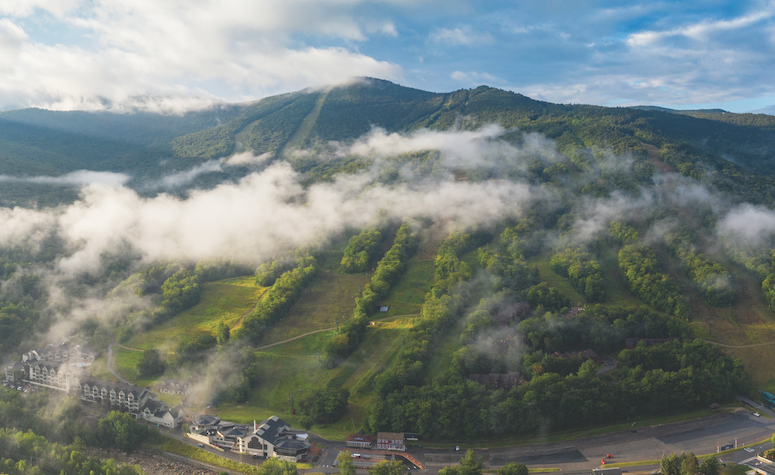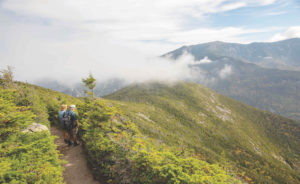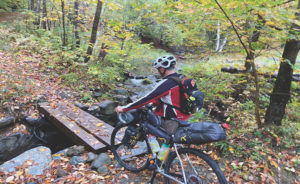
Venture with me and William Shakespeare deep into ski country in the sultry season of June, July and August.
Head to your favorite ski hill; you’ll need to expend no effort to find a parking space near the ticket booth, which right now is as empty as the base-lodge cafeteria line. Look up — strain your neck a bit — to the summit, bathed in midsummer sunshine, bereft of snow. And try to tell me that the whole scene doesn’t look like a “bare ruin’d choir.’’
A bare ruin’d choir, where late the sweet lifts swung. Our mountain companion Shakespeare employed the “bare ruin’d choir” image in Sonnet 73, written in 1592, precisely 400 years before Alberto Tomba won the giant slalom competition at the 1992 Albertville Olympics at Val d’Isère. He — Shakespeare, not Tomba, a different sort of ethereal poet — was speaking of the remains of a church that had fallen into disuse “as after sunset fadeth in the west.” He — Shakespeare, not Tomba — employed exactly the right metaphor for a ski area in summer:
A place of worship, out of season.



